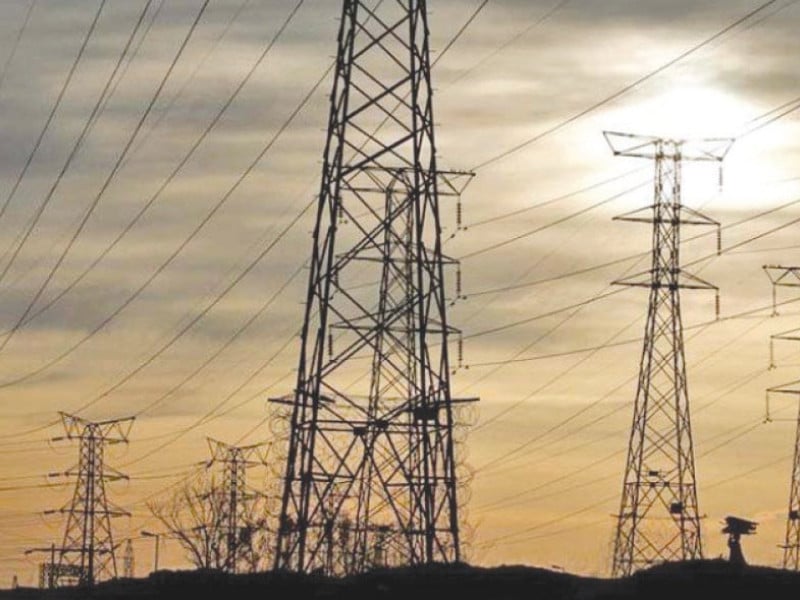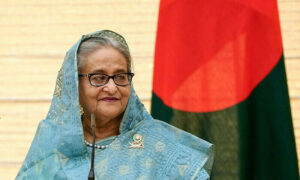ISLAMABAD:
Has China really resolved Pakistan’s energy crisis? Despite official claims, electricity consumers are still grappling with exorbitant bills. The average electricity cost is Rs64 per unit, with 70% of this amount going to Independent Power Producers (IPPs) for capacity payments.
The financial burden has pushed many consumers to the brink, with the majority of industries and farmers shifting to solar energy due to the unaffordable electricity rates. In Punjab, an overwhelming 99% of farmers have transitioned to off-grid solar systems to power their turbines.
Consumers are frustrated, paying 70% of their bills for power plants that often remain idle. Despite these challenges, China has continued to roll over debts, including in the energy sector, through short-term loans.
Recently, a Pakistan Muslim League-Nawaz (PML-N) leader announced plans to reduce the power tariff in Punjab, where even honest, bill-paying consumers struggle to meet their electricity costs. The government has responded by establishing a special unit within the Multan Electric Power Company (Mepco), staffed with law enforcement and intelligence officials, to combat bribery and electricity theft.
One Multan consumer reported to The Express Tribune that it took Mepco officials six months to install his electricity meter – a reflection of the broader issues plaguing the energy sector.
In the midst of this, Prime Minister Shehbaz Sharif recently claimed that China was the only country to have resolved Pakistan’s energy issue. During a cabinet meeting, he acknowledged the difficulties faced by the public and outlined immediate, medium, and long-term measures to address them, particularly concerning energy prices.
He credited China’s investments under the China-Pakistan Economic Corridor (CPEC) for overcoming the severe load-shedding problem during the PML-N’s previous term. He added that the government remains committed to tackling obstacles and urged cabinet members, including the deputy prime minister, minister for finance, and minister for information, to keep the public informed about ongoing and past initiatives
The prime minister also directed the Law & Justice Division to clarify the ministry’s role in addressing the energy crisis. A massive campaign has been launched to curb electricity theft, with the prime minister expressing gratitude to the Chief of the Army Staff for his strong support in this effort.
He also thanked allied political parties for their backing, reiterating that providing relief to the masses remains a top priority.
The prime minister highlighted recent government measures, including a Rs50 billion subsidy for protected electricity consumers and a significant project to convert electric tube wells to solar energy in Balochistan.
This project, valued at Rs70 billion, has seen contributions of Rs50 billion from the federal government and Rs20 billion from the Balochistan government.
Efforts are also ongoing to resolve issues related to Independent Power Plants (IPPs), with a mechanism in development for government-owned IPPs.
The premier further noted the government’s challenges in promoting exports and substituting imports, stressing the need to expose industries to competition and introduce modern machinery and techniques to boost export performance.







